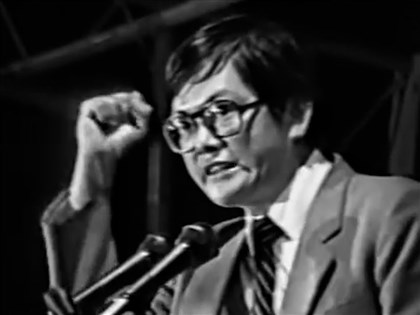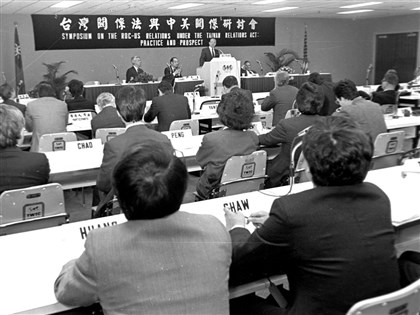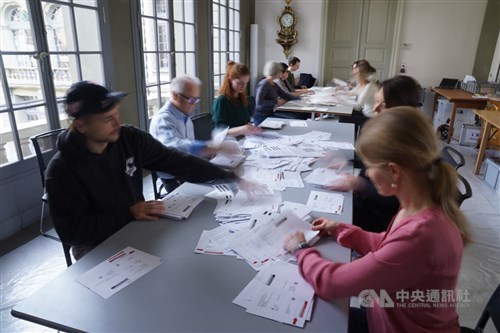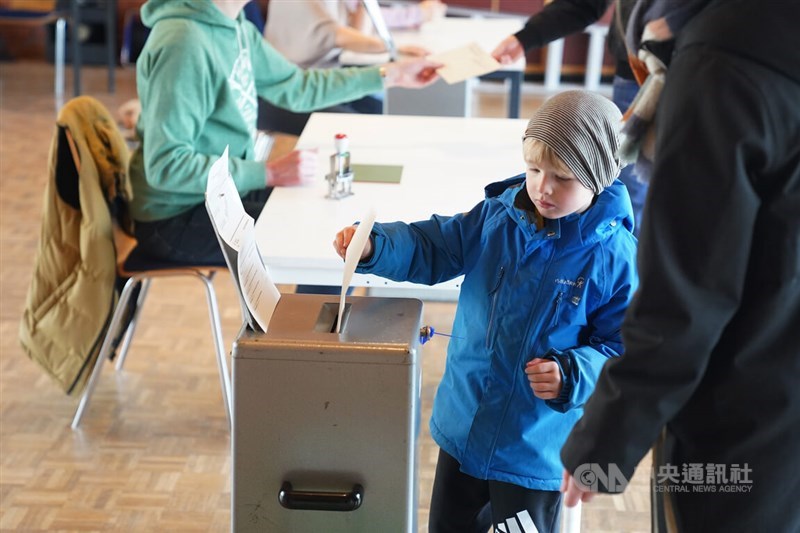
[Editor's Note: This is part 2 of a two-part series examining how Switzerland's direct democracy works and lessons it can offer Taiwan, which continues to debate lowering its own voting age and how referendums fit in its democratic system. Read part 1 here. Read the four-part Chinese-language series here.]
By Teng Pei-ju, CNA staff reporter
Efforts to lower Taiwan's voting age from 20 to 18, in line with over 100 countries worldwide, have lasted for almost two decades without success.
The country's continued disenfranchisement of 18- and 19-year-olds is all the more stark considering countries such as Switzerland are debating lowering the voting age to 16.
Much like Taiwan, approval of initiatives at the local and national level to expand voting rights in Switzerland, a federal country with 26 cantons and more than 2,000 municipalities, has been far from universal.
At the end of February, the Swiss parliament voted 106 to 84 to throw out a proposal intended to lower the voting age for national elections from 18 to 16.
The proposal to "give young people a voice" would have granted 16- and 17-year-olds, about 130,000 people or 1.4 percent of the total population, the right to vote but kept the minimum age to stand for elections at 18.
"Young people are ready to participate if we let them," Nadine Masshardt, a Swiss Socialist Party member of the House of Representatives, said ahead of the vote, urging her colleagues to encourage their participation instead of hindering it.
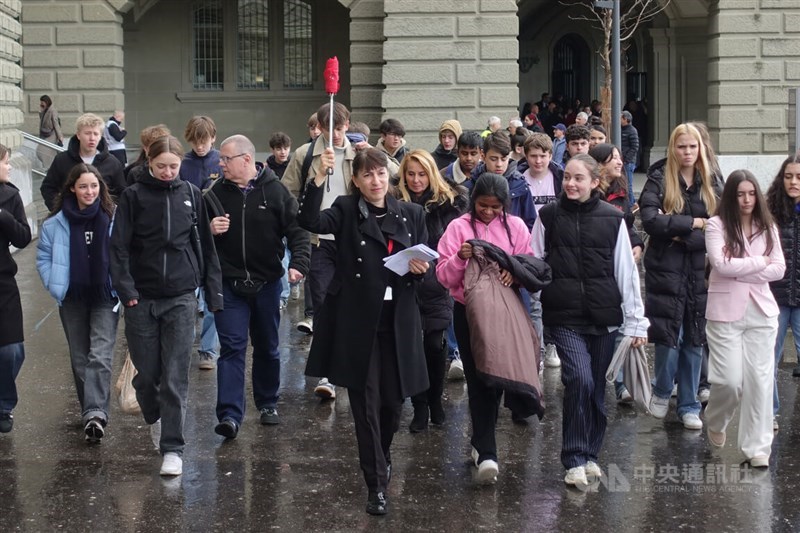
Representative Andri Silberschmidt of FDP.The Liberals rejected the proposal, arguing that the voting right should be linked to the age of majority, which is currently 18 in Switzerland.
Silberschmidt said he and his colleagues were "open" to discussions about the age of majority but opposed granting certain rights to unaccountable minors.
Less than a week later, the citizens of Riehen in the northwestern canton of Basel City also voted overwhelmingly against an initiative to let 16- and 17-year-olds vote in municipal elections.
Despite the setbacks, supporters of the voting age at 16 offer the canton of Glarus, which granted citizens aged 16 and above the right to cast ballots in cantonal- and municipal-levels votes and elections almost 17 years ago, as a notable success story.
"Until now, I have not heard that the canton of Glarus has collapsed or is threatened with collapse," notes Patrick Hässig, a member of the House of Representatives and a supporter of lowering the voting age nationally.
Christoph Zürrer, a high school teacher who was a member of Glarus' cantonal legislature when the measure was adopted in 2007, said a unique mechanism called "landsgemeinde," or "people's assembly," had made the change possible.
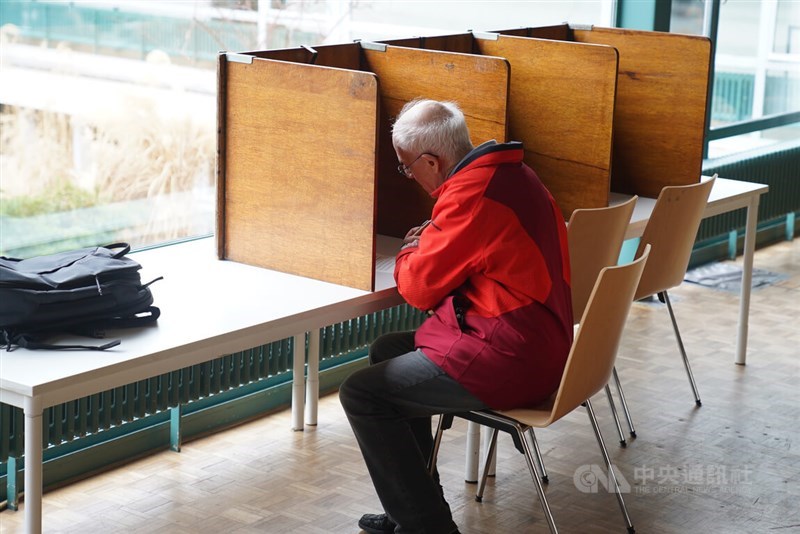
According to the public information provided by the Swiss government, landsgemeinde is an "ancient form" of Swiss democracy where citizens gather outdoors once a year to decide on important matters related to the canton, including bills and budget proposals.
Today, only Glarus, with a population of around 40,000, and another canton, Appenzell Innerrhoden, still convene landsgemeinde.
The proposal to lower the voting age to 16 was narrowly passed by Glarus' landsgemeinde in May 2007, Zürrer recalled, noting that ahead of the vote, debate among citizens was heated.
While supporters of the proposal argued that young people should have a say in politics, others rejected the idea and put forth a separate proposal seeking to move active voting rights up to 19.
The decision was "very progressive," said Eva-Maria Kreis, a Glarus councilor and a staunch supporter of voting rights for 16- and 17-year-olds.
"When the canton of Glarus makes progressive decisions like this, it's because of landsgemeinde," Kreis said.
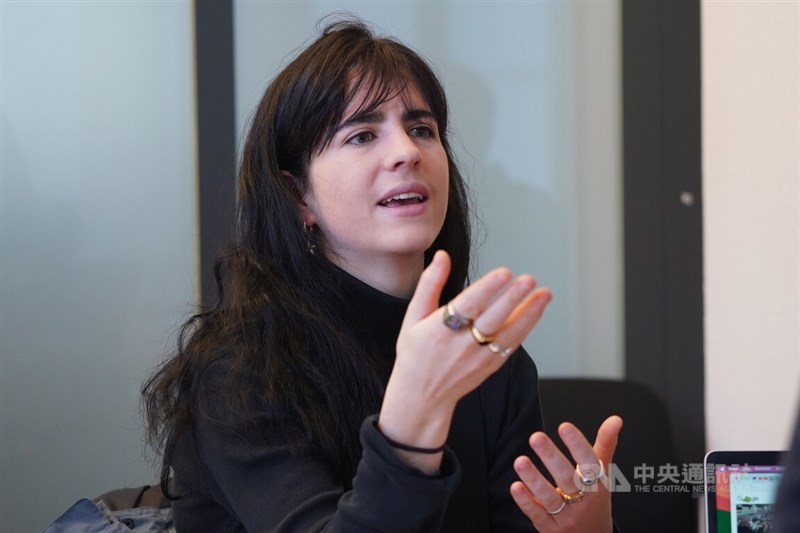
Zürrer, however, noted that participation in the people's assembly was typically low, with an average of 6,000 citizens attending the annual meeting.
Turnout for the critical vote in 2007 was even lower due to the rain, he said.
Following the proposal's passage, high schools across Glarus opened courses to prepare students for cantonal and lower municipal plebiscites and elections, Zürrer added.
The youth "shouldn't feel excluded" from politics, said Hässig of the Liberal Green Party. "We want to include them in Switzerland's unique democratic process" as it benefits the development of both young people and democracy.
Kreis, who was elected to the city council two years ago at the age of 24, making her one of the youngest councilors in the history of her hometown, echoed similar views, saying young people were interested in politics and wanted to be part of the system deciding their futures.
"Democracy should include as many people as possible," she added.
Enditem/ASG
Part 1
![35 years later, freedom of speech defender Nylon Cheng's legacy lives on]() 35 years later, freedom of speech defender Nylon Cheng's legacy lives onNestled near the bustling Minquan East Road in Songshan District, Liberty Lane exudes tranquility, typical of Taipei's alleys.04/07/2024 03:20 PM
35 years later, freedom of speech defender Nylon Cheng's legacy lives onNestled near the bustling Minquan East Road in Songshan District, Liberty Lane exudes tranquility, typical of Taipei's alleys.04/07/2024 03:20 PM![Taiwan Relations Act at 45: Still a cornerstone of bilateral ties]() Taiwan Relations Act at 45: Still a cornerstone of bilateral tiesIn January 1979, a young diplomat officially joined the Republic of China's diplomatic corps at the most challenging time in the country's relationship with its strongest ally, the United States.04/06/2024 03:57 PM
Taiwan Relations Act at 45: Still a cornerstone of bilateral tiesIn January 1979, a young diplomat officially joined the Republic of China's diplomatic corps at the most challenging time in the country's relationship with its strongest ally, the United States.04/06/2024 03:57 PM!['We vote on everything': Direct democracy in Switzerland]() 'We vote on everything': Direct democracy in SwitzerlandA Referendum Act was first introduced to Taiwan in 2003, but it was not until it was revised in 2018 to lower the thresholds needed to bring an initiative to a vote that Taiwanese citizens were more often called upon to vote.04/01/2024 07:26 PM
'We vote on everything': Direct democracy in SwitzerlandA Referendum Act was first introduced to Taiwan in 2003, but it was not until it was revised in 2018 to lower the thresholds needed to bring an initiative to a vote that Taiwanese citizens were more often called upon to vote.04/01/2024 07:26 PM
- Society
Thousands of Muslims gather across Taiwan for Eid al-Fitr prayers
04/10/2024 05:13 PM - Politics
New Cabinet to respond to domestic, global challenges: Lai
04/10/2024 04:55 PM - Society
Electronic pet ID card launched by agriculture ministry
04/10/2024 04:51 PM - Business
U.S. dollar closes lower on Taipei forex market
04/10/2024 04:11 PM - Business
TSMC reports highest sales for Q1
04/10/2024 03:52 PM
